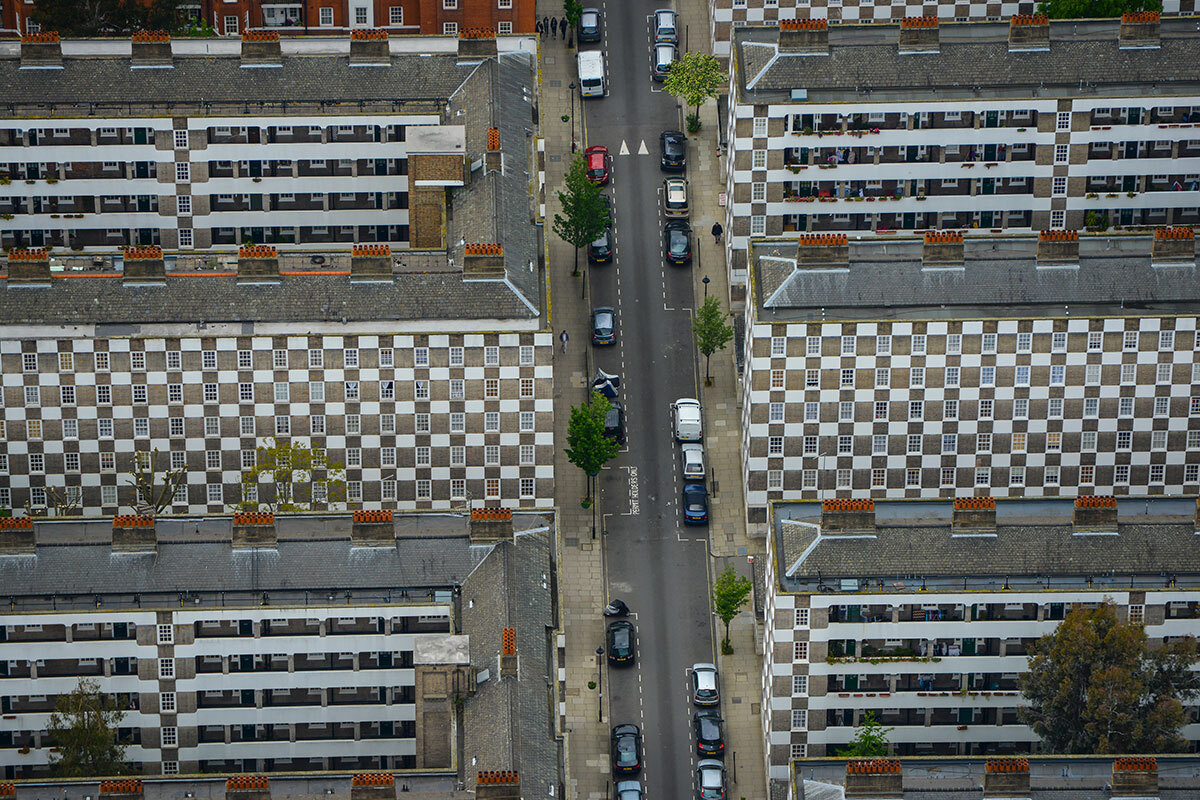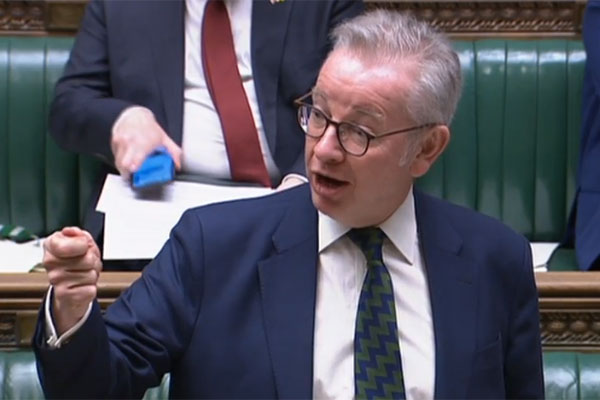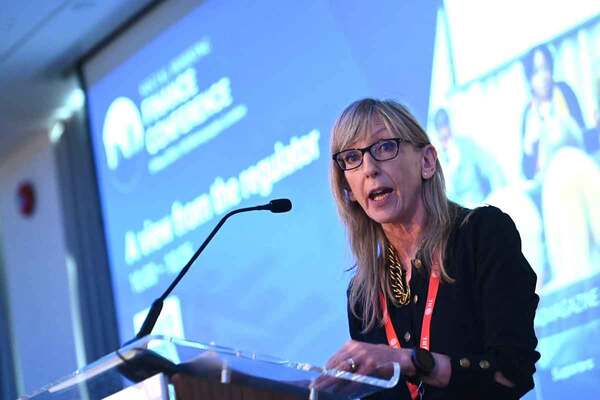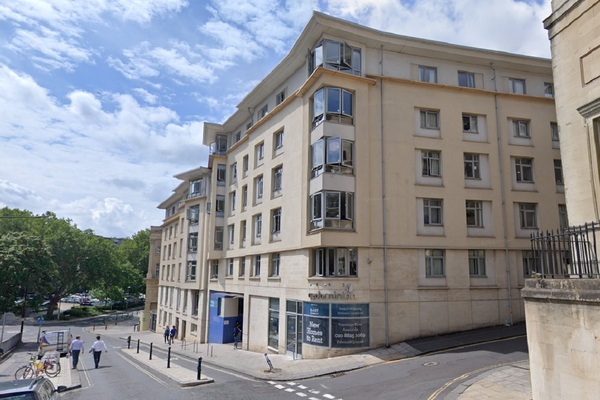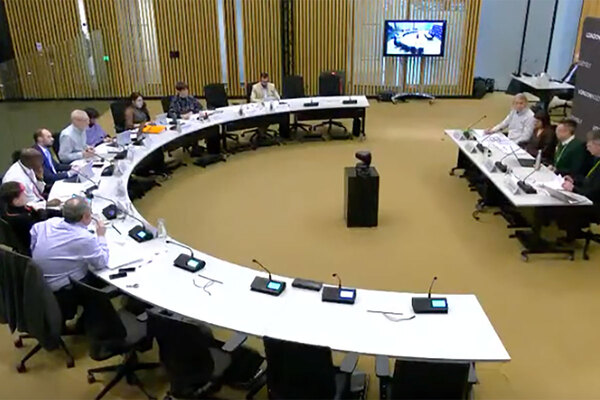DLUHC launches consultation on part of Awaab’s Law
The Department for Levelling Up, Housing and Communities (DLUHC) has launched a consultation on a part of Awaab’s Law, which will require landlords to provide tenants with information about their rights and complaint processes.
The proposals, which the government has estimated will cost the sector £4.9m in total in the first year, will also mean councils and housing associations are legally obliged to provide tenants with information on regulatory requirements that are relevant to them, such as the Decent Homes Standard.
Much of the sweeping reforms of the sector, the catalyst for which was the Grenfell Tower fire and then further strengthened as a result of the death of two-year-old Awaab Ishak, were made into law through the Social Housing (Regulation) Act 2023.
Awaab died from prolonged exposure to mould in a Rochdale Boroughwide Housing flat in December 2020. His family had been complaining about the state of the property for years.
Four months after his inquest last year, following a campaign by Manchester Evening News and Shelter, the government tabled an amendment to the act called Awaab’s Law. This will require social landlords to respond to and fix reported hazards within a specified time frame, or rehouse tenants where a home cannot be made safe.
The act allows for penalties where landlords fail to comply.
Both above changes will be subject to a further consultation.
The current consultation is looking at the part of Awaab’s Law that introduces requirements around social landlords providing tenants with information related to their rights, relevant regulatory requirements, and how they can complain if they are being let down.
“These complaints will be taken seriously, and there will be consequences for housing providers who fail to meet their obligations.
“Tenants will know they can hold their landlords to account,” DLUHC said.
The requirements for social landlords will be assessed by the Regulator of Social Housing, which will introduce standards relating to the provision of information to tenants.
According to the consultation document: “The intended outcome of this direction is to ensure that all tenants understand how to make a complaint and their landlord’s policy for dealing with complaints.
“This will better allow tenants to hold their landlords to account where they have an issue.
“The draft direction requires the information provided to tenants to be accessible.
“While landlords will have flexibility in determining the most appropriate way to communicate this information to their tenants, this is intended to ensure that all tenants are able to access information about complaints in a way that they understand, without barriers to comprehension.”
It said a “substantial” number of landlords already provide information to their tenants on how to make a complaint and the process followed, but that this direction “would ensure that all providers do”.
On tenants’ rights and relevant regulatory requirements, the aim is to “empower tenants and provide them with meaningful opportunities to hold their landlord to account for the quality of accommodation and the services they provide”.
The document stated: “The tragic case of Awaab Ishak has underlined the need for government to drive up the quality of social housing and to rebalance the relationship between tenants and landlords.
“Landlords must act to protect their tenants. But this case was a reminder that social tenants need to be empowered to understand their rights and the requirements their landlords must fulfil – to enable them to hold landlords to account where they fall short.”
The English regulator’s new standard will require providers to provide information on relevant tenants’ rights in connection with tenants’ homes and with the facilities and services provided in connection with those homes, and on relevant regulatory requirements that registered providers must meet in connection with those things.
Some rights and regulatory requirements are applicable to all social housing tenants – such as the Decent Homes Standard – but some do not.
The draft direction requires the social landlord to provide information to the tenant on the regulatory requirements relevant to them, for example the Equalities Act 2010.
The consultation is open until 22 November.
Sign up for our regulation and legal newsletter
Already have an account? Click here to manage your newsletters
